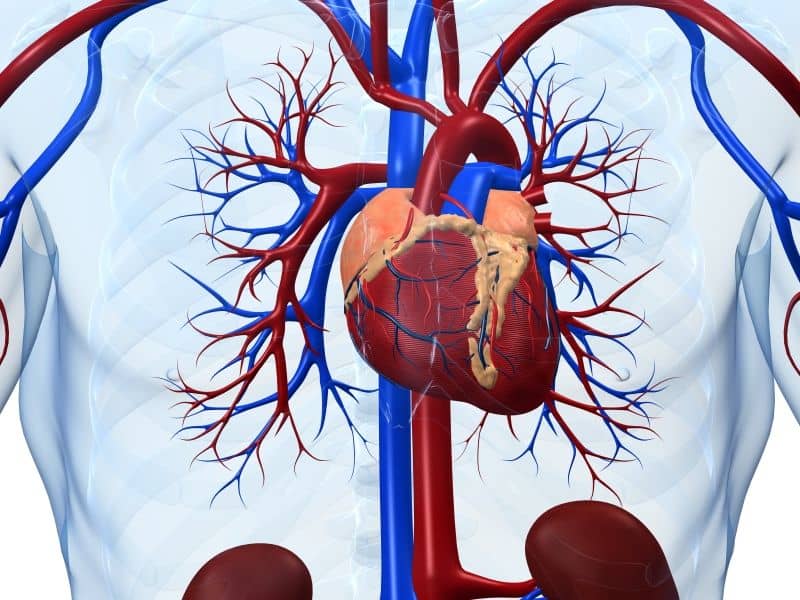To analyze in-hospital complications in patients with acute ST-elevation myocardial infarction (STEMI) depending on renal function.
Observational study in patients with STEMI.
The study included 169 patients undergoing primary percutaneous coronary intervention. In all patients glomerular filtration rate (GRF) was calculated using the Modification of Diet in Renal Disease Study (MDRD) equation. Of these patients, 84 had a GFR ≥ 90 ml/min/1.73 m2 (Group 1) and 85 2 acute heart failure, in-hospital pneumonia, pulseless ventricular tachycardia or ventricular fibrillation, new onset atrial fibrillation, and high grade atrioventricular block. All patients were treated according to European Society of Cardiology (ESC) guidelines for the management of acute myocardial infarction in patients presenting with ST elevation.
Mean GFR in Group 1 was 107.6 [Formula: see text] and in Group 2 75.3 [Formula: see text] 11.2 (p 2): in Group 1 and Group 2 0% (0 of 84 patients) vs 5.88% (five of 85 patients) (p = 0.024), respectively. The authors found no significant differences for other complications: in Group 1 and Group 2 ventricular tachycardia or ventricular fibrillation was 4.76% (four of 84 patients) vs 5.89% (five of 85 patients) (p = 0.75), high grade atrioventricular block was 2.38% (two of 84 patients) vs 4.71% (four of 85 patients) (p = 0.41), and the in-hospital pneumonia rate was 2.38% (two of 84 patients) vs 4.71% (four of 85 patients) (p = 0.41), respectively.
Patients with lower GFR were more likely to suffer from in-hospital acute heart failure (Killip class > 2) and atrial fibrillation in STEMI despite primary percutaneous coronary intervention. Renal function did not affect in-hospital pneumonia, pulseless ventricular tachycardia or ventricular fibrillation rates. The evaluation of kidney function through GFR in STEMI patients may make in-hospital complications more predictable.
© 2021. Springer Medizin Verlag GmbH, ein Teil von Springer Nature.
In-hospital complications in acute ST-elevation myocardial infarction depending on renal function.


